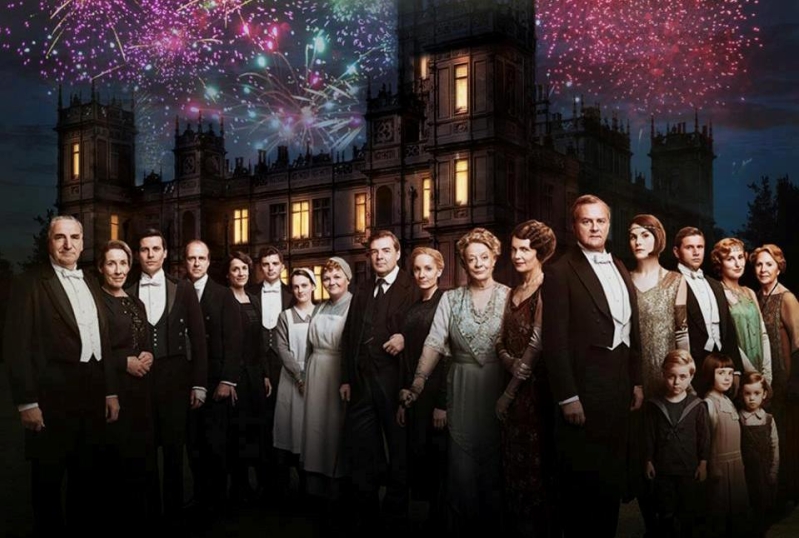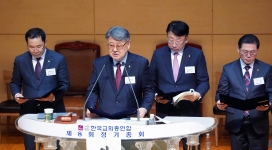
Downton Abbey creator, writer and executive producer Julian Fellowes took fans through six seasons of tribulations for the Crawleys and other characters. Yet fans had to say goodbye to the show for the final time Sunday, a television series that deliberately avoided religion and Christianity, which would have formed a central part of the lives of the aristocracy in the early 20th century.
Downton Abbey was a British historical period drama television series that first aired on ITV in the United Kingdom on Sept. 26, 2010, and on PBS in the United States on Jan. 9, 2011, as part of the Masterpiece Classic anthology.
Ahead of Sunday night's series finale, Fellowes said on a Masterpiece Studio podcast he didn't want the last show to be too tidy. "But I did want a sense of warmth. I wanted a sense of generosity towards these people we'd come to know so well."
"I wanted everyone to kind of go to bed that night feeling content because, in a way, you watch the final episode in a slightly different mood. You watch it to say 'goodbye' to them because you know it's the end," he continues. And I felt that I wanted that atmosphere where people around the world were sort of raising a glass as they bid them farewell."
Downton producer Gareth Neame told Entertainment Weekly it really felt that because these characters are so beloved, they had to have decent endings.
Why was no religion, God or even saying grace at meals shown on the show? Alastair Bruce, who served as the show's historical advisor, said that executives in charge of the series had ordered producers to "leave religion out of it," for fear of alienating an increasingly atheistic public.
Eagle-eyed viewers may have noticed the Crawley family was never shown in the process of sitting down to dinner, with the action instead shown from part-way through the meal. Bruce told The Telegraph that was to avoid having to show the characters saying grace.
"In essence you hardly ever see a table that isn't already sat at. I think the view was that we'd leave religion out of it, and it would've taken extra time too. I suggested a Latin grace, but they decided that was too far, and no one would've known what was going on," said Bruce.
Bruce said he was even banned from featuring napkins folded in the shape of a bishop's mitre, for fear of breaching the religious edict.
The unease at featuring any religious reference even extended to the show's name. Peter Fincham, ITV's director of television, revealed in 2015 the channel had considered renaming the series, because it featured the word 'Abbey' in the title.
He said: "I can remember discussions that almost seem comical now. We talked about the word Abbey. Would people think it would have nuns or monks in it and be a religious series? But we satisfied ourselves they wouldn't and did a bit of marketing around it."







